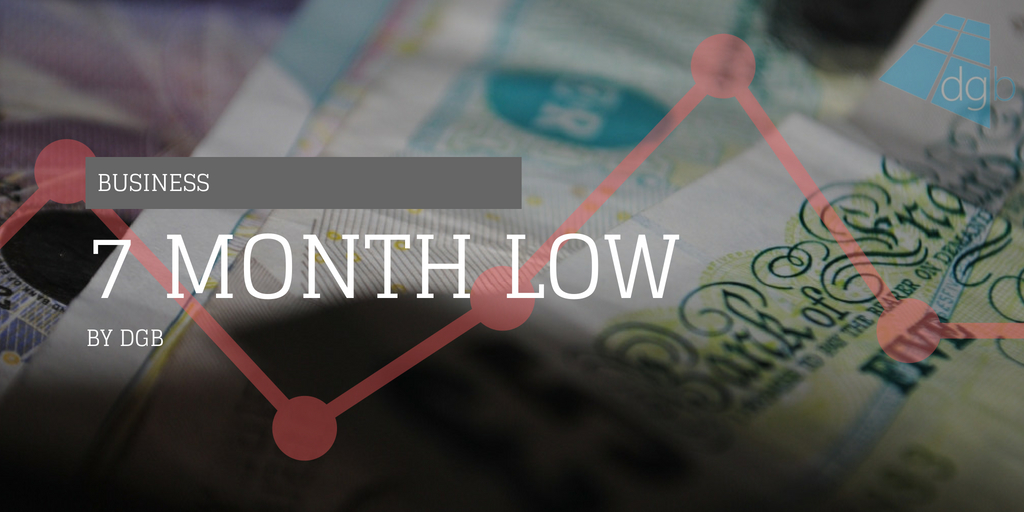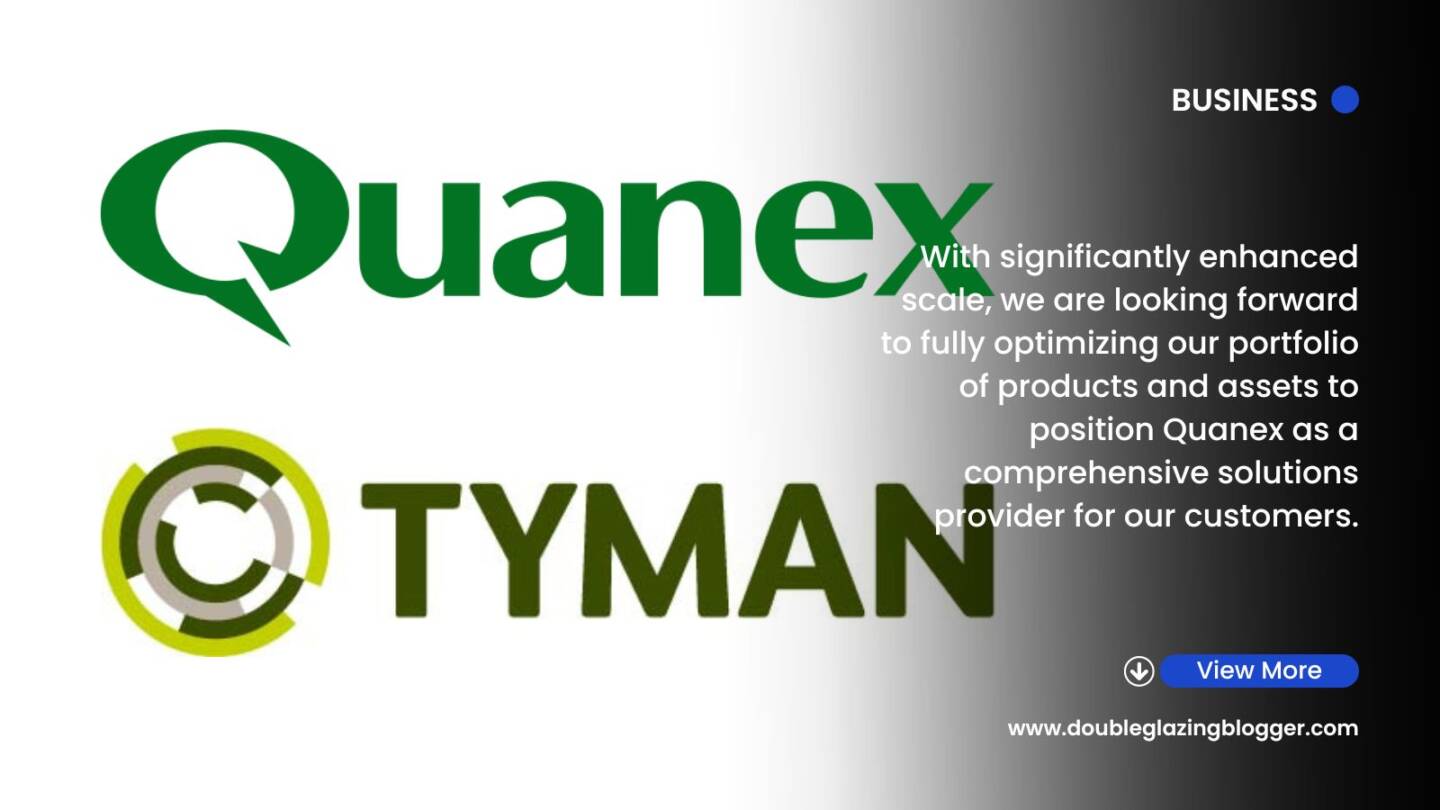For those who keep an eye on currency movements and all other things business, you will know that Sterling versus the Dollar has hit a seven month low. This after reaching a new high above $1.43, the highest since the 2016 EU vote.
It was that steady climb that helped keep inflation under relative control, reaching 3% but then falling back much closer to the BoE target of 2%. Inflation currently sits at 2.3%.
When you look at this chart, you can see how big a move Sterling has made in the last few weeks and month:

Credit: CNBC
You can see the drop after the vote, and the very steady grind upwards. That is until a couple of months ago until Sterling decided to take a steep leg lower. It got a bit of a bounce today as the BoE decided to keep interest rates on hold for another month. Although it does look a bit more likely that they will raise rates by 0.25% in August. I’m not sure that the economy needs that right now, but what do I know?
Keep an eye on costs
When Sterling was near the $1.43 mark, it was helping to keep the rising cost of oil at the pumps at bay. Oil has been steadily rising, with WTI at $66 a barrel and Brent at $73. While Sterling was performing well, it was helping to keep pump prices down. However, as we have have Sterling fall, fuel prices have been rising as the currency barrier became ineffective.
Why does that matter to us? For syscos and fabricators, their transport costs are going to go up. The price of raw materials will go up. Our industry buys plenty in Dollars. Our industry is not immune to currency pressures. We all saw what happened directly after the EU vote. A large number of fenestration suppliers immediately put their prices up the day after the vote. It didn’t go down well with many. Either many suppliers failed to hedge their contracts badly, or they simply saw an opportunity to slap on big price increases and blame it on the currency drop.
Anyway, back to present matters. Sterling has dropped 11 cents from it’s high, and there will be little doubt that some suppliers in our sector will be nervously watching their costs. Knowing our industry as I do, I fully expect to start hearing about price increases within a few weeks, with them being blamed on currency fluctuations.
On a much wider view, there is fenestration related volatility all over the place. Aluminium prices remain high, and new sanctions and a trade war could push them higher. PVC resin prices have spiked, which will be a concern for syscos and fabricators. And I have been told of reports that five float lines have been closed in Europe, which has brought all sorts of export and supply disruption to the glass markets. No doubt costs will rise on that front too.
But there is one single big issue as to why we are where we are. That B-word.
Going sideways on Brexit
One of the reasons why Sterling was on the rise up until recently was there was a run of fairly positive news and progress on the Brexit front. Negotiations started in the first quarter, Britain’s economy still wasn’t doing as bad as some thought it would, inflation was on the way down and wage growth was finally showing signs of catching up.
However, the past month or so has seen UK progress go sideways. We have seen the ping-pong-ing between the House of Commons and the House of Lords on the Brexit Bill. That has held things up whilst an elected and un-elected house decides who gets the final say on a proposed deal with the EU. Problem is, that has only served to slow progress. It has left PM May on a knife edge for weeks up until this point, all the while the EU has been waiting for us to get our own house in order again to be able to make further progress.
Time is running out, and the realistic date for a new trade deal with the EU to be done in time for all parties to ratify it by March is October of this year. That is four months. Each day passes and there is nothing certain coming out of either the UK or EU side, and there’s nothing worse for the markets than uncertainty. Even bad news is better because the traders on said markets can get to grips on how to do the right thing with their money.
All of this, plus a couple of wobbles in the UK economy has caused Sterling to fall to it’s seven month low. For the window industry, our primary concern should be on costs coming down the supply chain to installers, and how best to manage that so home owners don’t feel too much of the effects.
To get weekly updates from DGB sent to your inbox, enter your email address in the space below to subscribe:
By subscribing you agree to DGB sending you weekly email updates with all published content on this website, as well as any major updates to the services being run on DGB. Your data is never passed on to third parties or used by external advertising companies. Your data is protected and stored on secure servers run by Fivenines UK Ltd.






